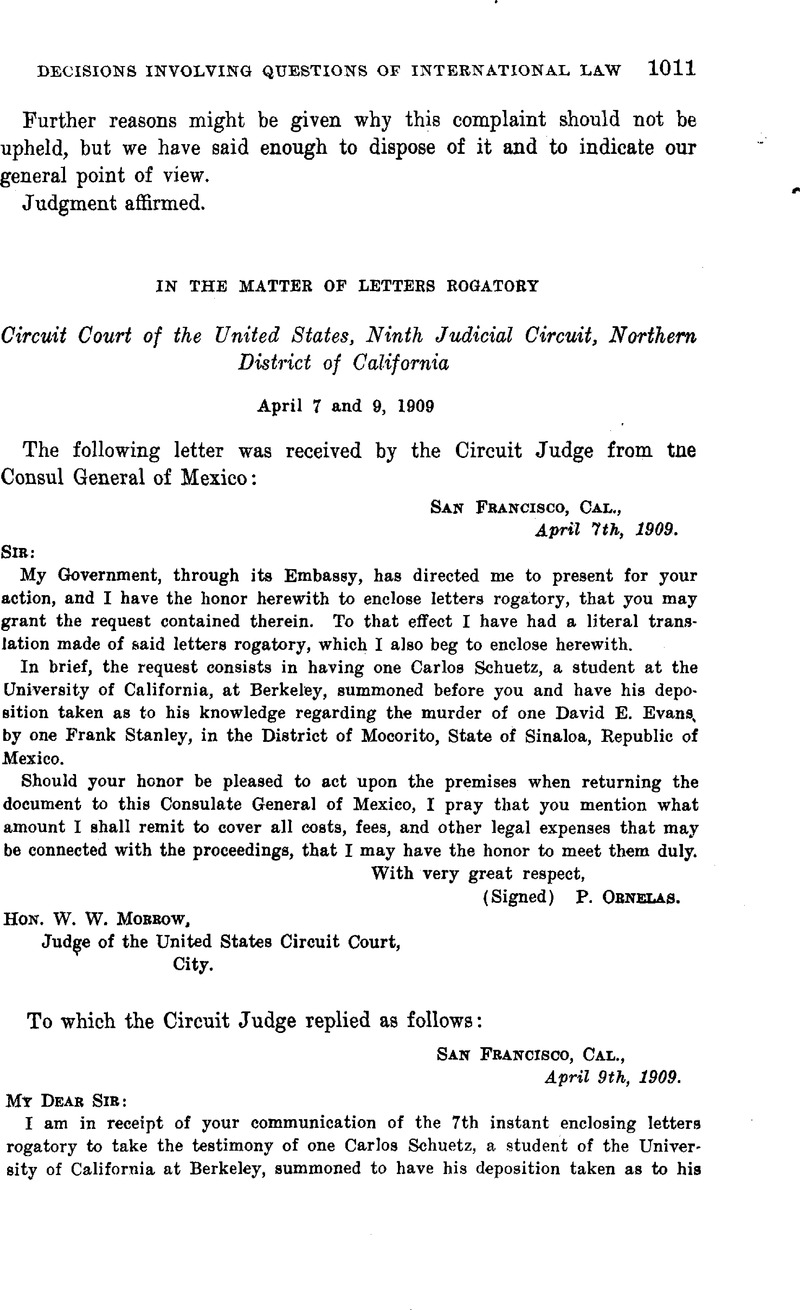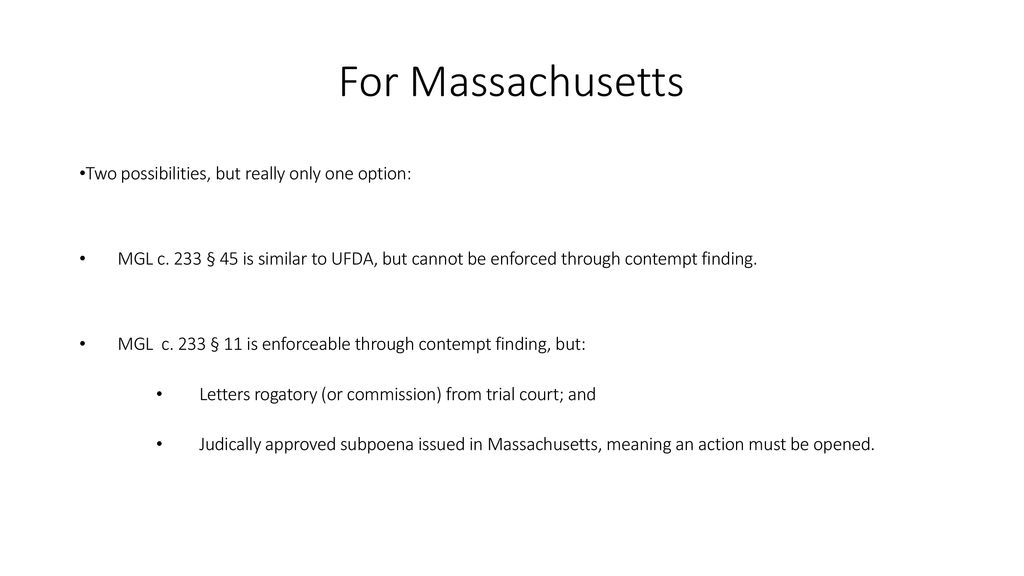How to Effectively Use Letters Rogatory in Cross-Border Legal Cases
How to Effectively Use Letters Rogatory in Cross-Border Legal Cases
Blog Article
Letters Rogatory Explained: Facilitating Legal Teamwork In Between Countries

Meaning of Letters Rogatory
Letters rogatory are official requests made by a court in one jurisdiction to a court in another territory, seeking support in obtaining evidence or testament for a legal proceeding. This procedural device is crucial in the context of international law, where lawful systems might vary, and cross-border collaboration is needed. Letters rogatory help with the celebration of information that may be vital for adjudicating situations, especially in circumstances entailing intricate multinational concerns.
Typically, these requests arise in civil, criminal, or administrative matters where a celebration calls for proof that lies outside the jurisdiction of the requesting court. The letters function as a method to make sure that the concepts of due procedure are supported, making it possible for courts to accessibility proof that might or else remain unattainable as a result of legal or geographical barriers.
The usage of letters rogatory is controlled by international treaties, reciprocal contracts, or domestic laws, which delineate the procedures and commitments of the courts entailed. It is necessary to note that the implementation of such requests is not assured; they depend upon the regulations and techniques of the jurisdiction getting the letter. Therefore, letters rogatory are a critical device for promoting lawful cooperation and guaranteeing justice across boundaries.
The Refine of Issuing Letters Rogatory
Issuing letters rogatory includes a structured process that guarantees conformity with both residential and global legal standards. Originally, the requesting event, normally a court or legal authority, drafts a formal demand outlining the nature of the aid sought, the evidence or information needed, and the legal basis for the request. This paper has to be accurate to help with understanding by the foreign territory.

The following action includes transferring the letters rogatory to the marked international authority. This is commonly done with diplomatic channels or worldwide legal support frameworks, ensuring that the demand is obtained and recognized by the international court. The foreign court then processes the request according to its very own lawful procedures, ultimately reacting to the asking for event with the in-demand information or proof, hence promoting global lawful cooperation.
Significance in International Law
The value of letters rogatory in global law can not be overstated, as they function as a critical mechanism for judicial participation throughout boundaries. These official demands for assistance in legal matters allow courts in one jurisdiction to inquire, proof, or the existence of witnesses from one more territory, thereby promoting the administration of justice in multinational instances.
Letters rogatory are particularly crucial in the context of globalization, where lawful disputes usually cover multiple countries. They enable the collection of proof that could otherwise be hard to reach, making sure that legal proceedings are educated and reasonable. By cultivating partnership between judicial systems, letters rogatory aid maintain the guideline of regulation and promote common respect amongst nations.
In addition, making use of letters rogatory shows a commitment to global norms and principles of teamwork, mirroring the Find Out More interconnected nature of modern-day lawful methods. It highlights the relevance of sticking to well-known treatments and treaties, such as the Hague Convention, which provides a framework for these requests - Letters rogatory. Inevitably, letters rogatory improve the effectiveness of legal procedures, guaranteeing that justice is not hindered by geographical boundaries
Difficulties and Limitations
In spite of their importance, letters rogatory face numerous obstacles and limitations that can hamper their effectiveness. One primary concern is the differing lawful structures and procedures across territories, which can bring about misconceptions and delays in the implementation of requests. Various nations may have unique demands for the legitimacy of letters rogatory, making complex the procedure further.
Additionally, the usually lengthy nature of global lawful collaboration can prevent timely accessibility to evidence or witnesses. This delay click to investigate might adversely impact ongoing investigations or lawful procedures, especially in cases requiring urgent activity. Moreover, the absence of sources and training in some territories can cause insufficient handling of demands, resulting in inadequate or insufficient responses.
Countries with less official legal systems may battle to abide with the procedural roughness anticipated in letters rogatory. These difficulties require continuous discussion and reform to boost the effectiveness of letters rogatory in legal collaboration.
Case Researches and Examples

Conversely, obstacles can emerge, as seen in a situation involving a European nation seeking proof in a recurring criminal issue from a non-EU nation - Letters rogatory. The procedure was postponed as a result of governmental hurdles and differing lawful criteria, eventually impeding the examination
These instances illustrate that while letters rogatory can assist in international collaboration and speed up legal process, they likewise highlight the requirement for clear interaction and understanding of lawful frameworks in between nations. Such study highlight the relevance of refining this device to enhance efficiency and performance in global lawful matters.
Final Thought
In recap, letters rogatory act as a vital system for promoting legal collaboration between nations, making certain the see page collection of evidence and testimony throughout territories. Their value in worldwide legislation can not be overstated, as they promote due process and enhance the performance of cross-border legal process. However, difficulties such as differing political stress and legal structures may prevent their efficiency. Continued efforts to simplify and improve the procedure are crucial for promoting stronger international judicial cooperation.
Letters rogatory are formal requests made by a court in one jurisdiction to a court in one more jurisdiction, seeking aid in acquiring evidence or testament for a legal proceeding. The asking for event, typically a court or lawful authority, prepares an official demand describing the nature of the assistance looked for, the proof or information needed, and the lawful basis for the request. The foreign court then refines the demand according to its very own lawful procedures, ultimately reacting to the requesting event with the in-demand details or evidence, thus promoting international lawful cooperation.
In addition, the use of letters rogatory shows a dedication to worldwide norms and concepts of teamwork, mirroring the interconnected nature of contemporary lawful practices.Worldwide legal collaboration via letters rogatory is not without its real-world effects, as shown by various case studies that highlight both successes and difficulties.
Report this page